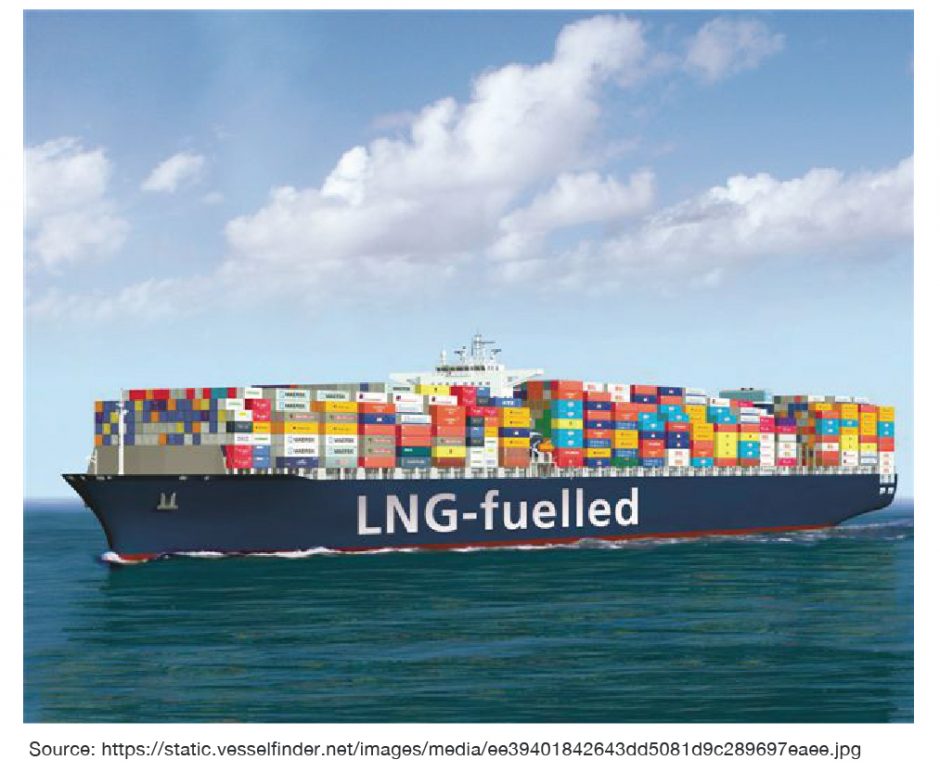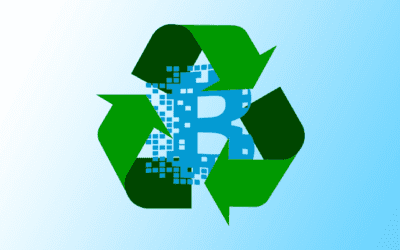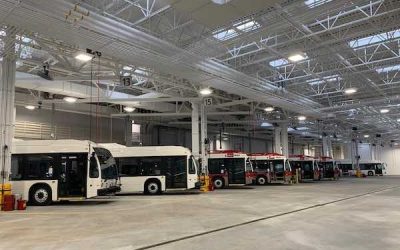LNG as Ship Fuel White Paper
Shipping is a significant contributor to global air pollution and greenhouse gas (GHG) emissions. Switching from conventional petroleum-based ship fuels to natural gas has been proposed as a means to economically reduce emissions. Recent developments in engine and liquefied natural gas (LNG) tank technology, particularly large low-speed gas engines, mean that all classes of vessel, including large ocean-going vessels (OGVs), can now be fuelled with natural gas. This project examines the emissions associated with natural gas as a fuel in shipping.
Lead Researcher

WALTER MÉRIDA, Professor, Associated Dean of Research and Industrial Partnership
Department of Mechanical Engineering

AMIR SHARAFIAN, Post-doctoral Fellow
Department of Mechanical Engineering
Policy and Decision Support
Application of Blockchain Technology in the Clean Energy Sector
Distributed ledger technology, also known as blockchain, can potentially...
CNG vs Battery Electric Buses in Alberta
Municipalities are evaluating the potential for low emissions solutions to...
Why Collaborate with Natural Gas Futures
Natural Gas Futures actively collaborates with a wide range of partners and is eager to develop new partnerships that will facilitate the environmental and economical use of natural gas fuel. We are committed to providing viable technologies and solutions in the context of our partners needs and constraints.






